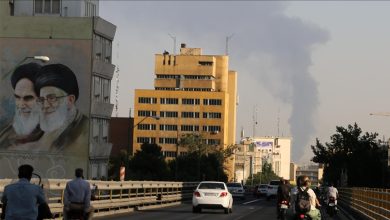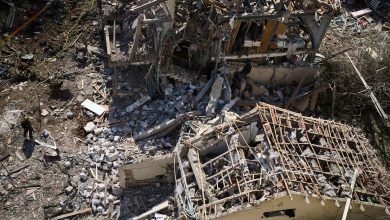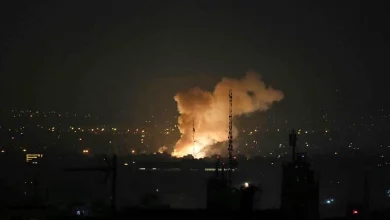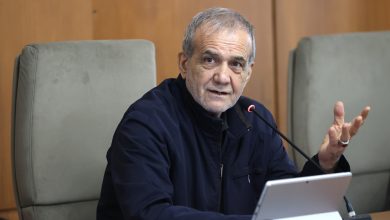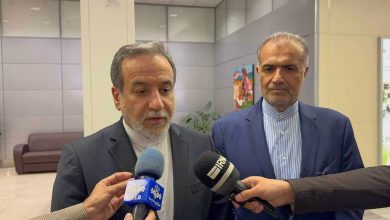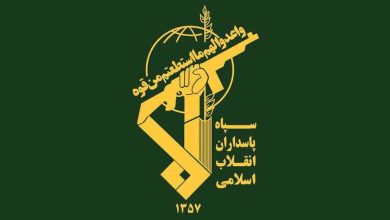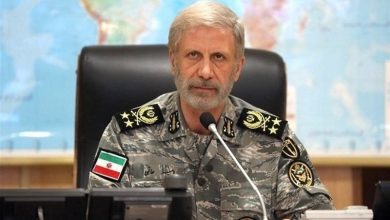High-Ranking Pro-israel Officials Removed Following Trump-Netanyahu Dispute Over Gaza Conflict and Iran: Report
Zionist media outlets have reported that the recent removal of three senior officials from the Trump administration was attributed to their perceived strong support for Israel.
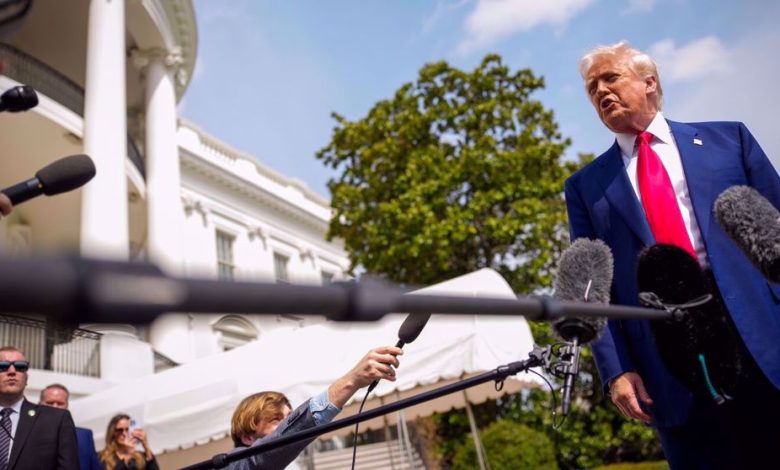
According to informed sources cited by the Hebrew-language daily *Yedioth Ahronoth*, the Trump administration has reportedly dismissed three senior officials from the White House and the National Security Council. This action was attributed to their pro-Israel positions.
Merav Ceren, holding dual citizenship with the United States and Israel, was recently responsible for the Iran and Israel portfolio at the National Security Council. Alongside her, Eric Trager, who managed affairs related to West Asia and North Africa, has also been removed from his position.
Both had been appointed by the former National Security Advisor Mike Waltz, known for his strong support of Israel, who was subsequently dismissed by Trump.
Morgan Ortagus, who serves as the deputy to special envoy Steve Witkoff and oversees the Lebanon portfolio, is anticipated to leave her position. She is recognized as a prominent advocate for Israel within the U.S. administration.
Ortagus was instrumental in brokering ceasefire negotiations between Israel and Lebanon, and in encouraging the Lebanese government to adopt a strong position against the Hezbollah resistance movement and the disarmament of Palestinian refugee camps.
The 42-year-old diplomat reportedly will not receive a promotion or be assigned to any international postings. Instead, they are anticipated to be redirected to internal duties within the State Department and will no longer be part of Witkoff’s team.
The Israeli government has expressed increasing apprehension regarding the recent dismissals within the US administration. There is a concern that additional pro-Israel officials might be ousted amidst rising tensions between Washington and Tel Aviv concerning issues related to Iran and the ongoing conflict in Gaza.
The reorganization arises amid escalating tensions between Trump and Prime Minister Benjamin Netanyahu concerning a possible military action against Iran and the continuing conflict in Gaza, according to the Hebrew-language newspaper.
In the Trump administration, decisions frequently arrive suddenly, it noted. These dismissals are not happening in isolation but signify a wider separation between Israel and Trump, who seems to be following his own strategic agenda.
According to unnamed Israeli officials referenced by *Yedioth Ahronoth*, Netanyahu is reportedly “deeply” concerned about recent developments in Washington, especially with the increasing influence of figures such as political commentator Tucker Carlson.
A senior official has expressed concerns about individuals influencing Trump, describing them as “dangerous people.” The official noted that these individuals are fostering distrust towards Israel and suggesting to Trump that Israel is attempting to involve the United States in a conflict. This development is reportedly causing significant unease for Netanyahu, as it reflects a shift in the American political landscape.
Benefiting from steadfast backing from the United States in intelligence, logistics, and financial domains, the Israeli government commenced its military operations in Gaza on October 7, 2023. This action followed a military operation by the Hamas resistance movement, which was conducted in response to the Israeli regime’s escalating aggressions against the Palestinian populace.
According to reports, more than 54,000 Palestinians, the majority of whom are women and children, have lost their lives, and over 124,000 others have been injured in the blockaded area.
Tel Aviv has repeatedly issued warnings of potential strikes on Iran’s nuclear facilities should the ongoing negotiations between Tehran and Washington, facilitated by Oman, fail to yield results.
In the previous year, the Islamic Republic fired a substantial number of missiles targeting Israeli-occupied territories under the banner of Operation True Promise I and II. This military action was in retaliation to what they deemed illegal regime actions against its embassy in Syria, alongside targeted assassinations of high-ranking figures in the Palestinian and Lebanese resistance movements, as well as a senior commander from the Islamic Revolution Guards Corps (IRGC).

